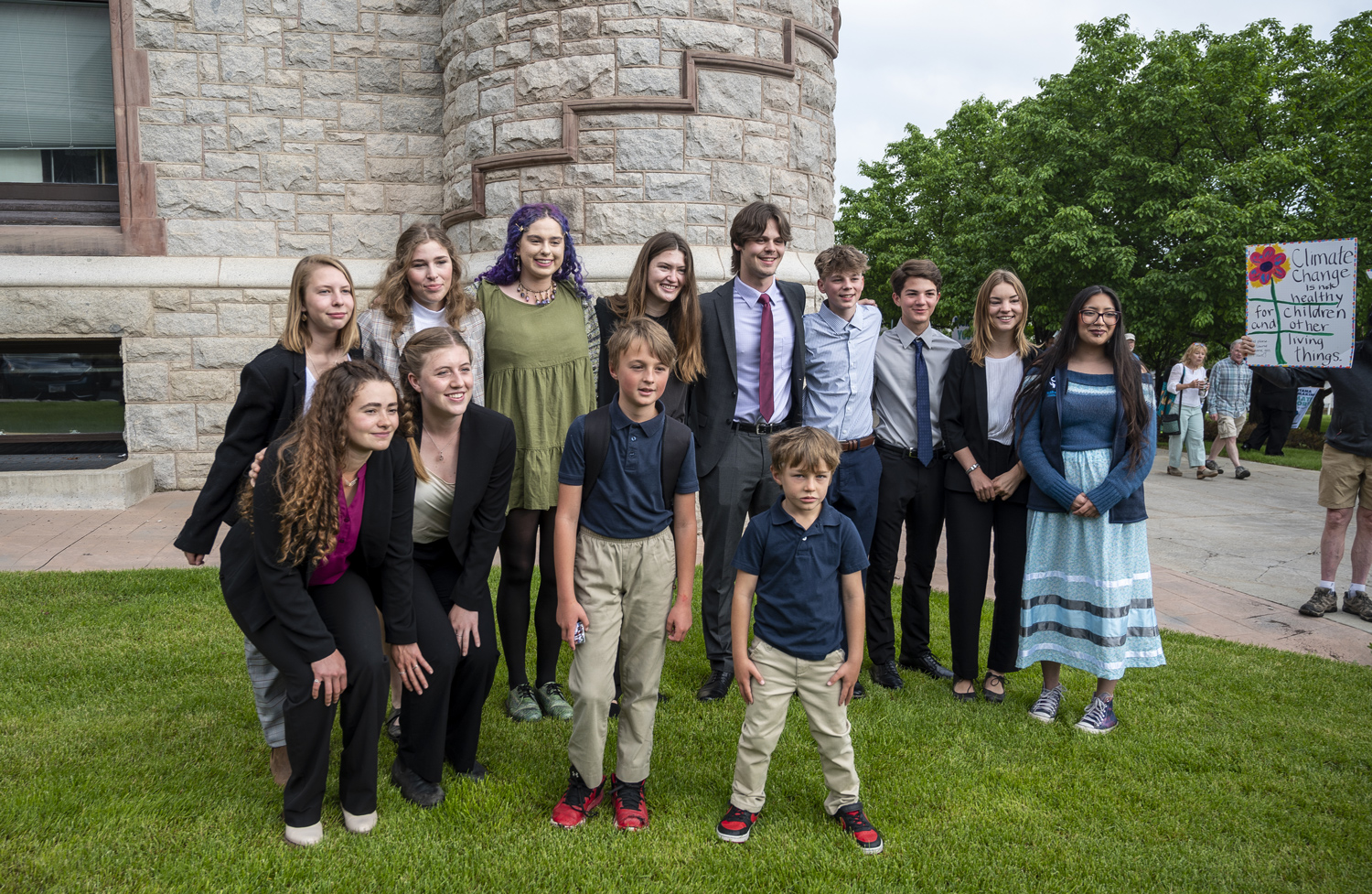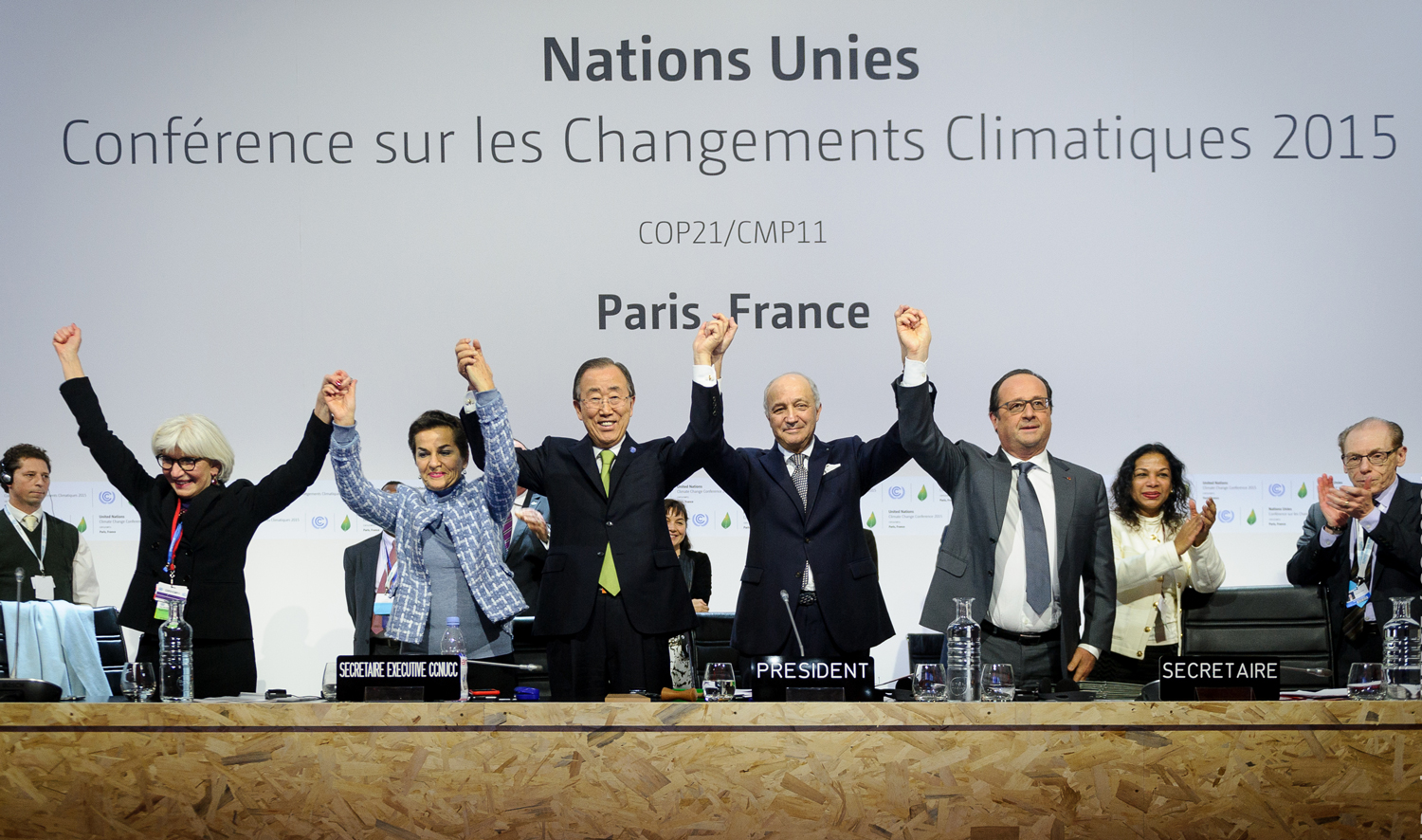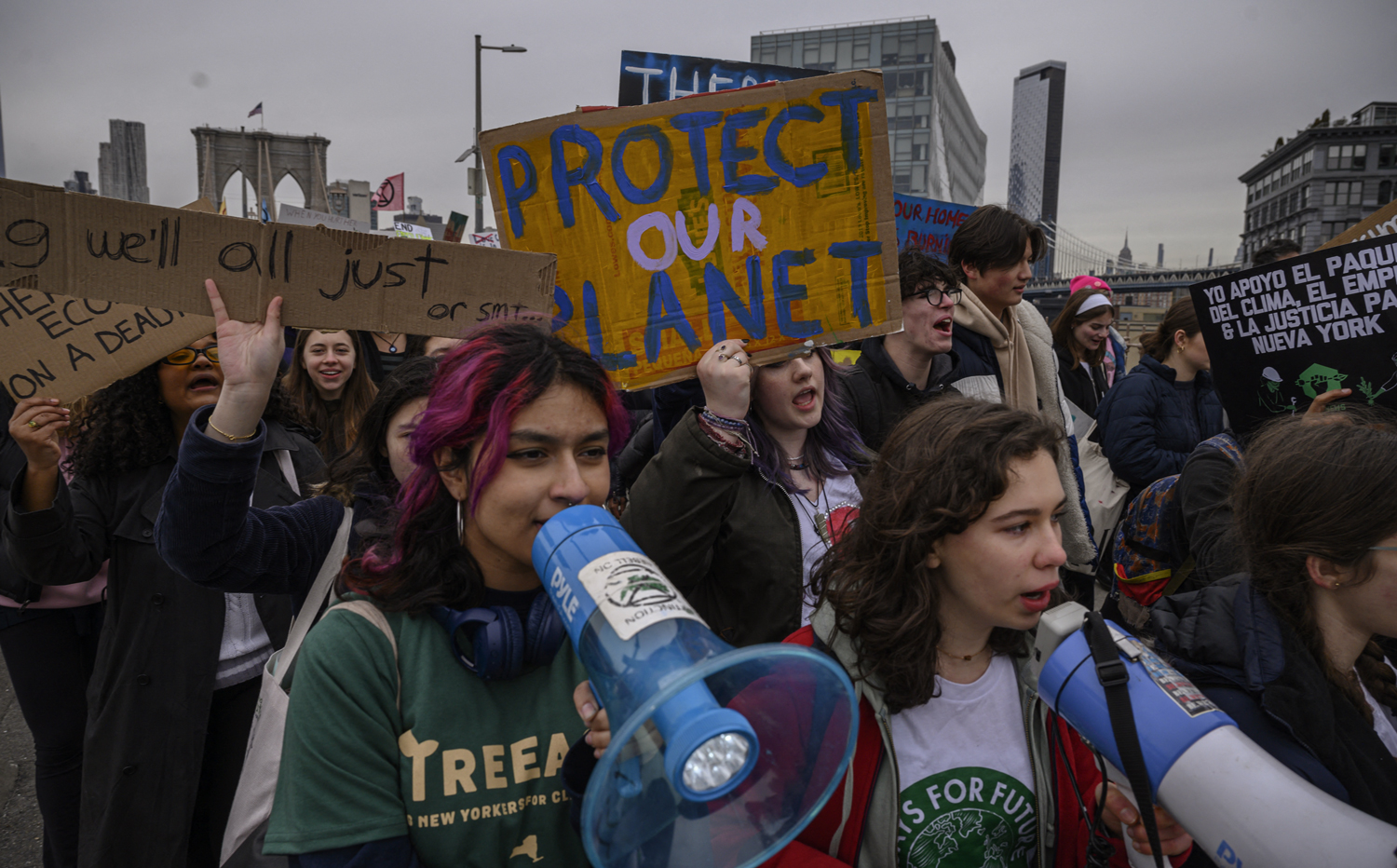A Win for Planet Earth

A group of kids, teens, and young adults scored a courtroom victory in August 2023, winning a lawsuit claiming that the state of Montana was violating their right to a clean and safe environment. The trial was the first of its kind in the United States, but it might not be the last.
The group of 16 plaintiffs filed the lawsuit in 2020, when they ranged in age from 2 to 19. The case was called Held v. Montana, after the oldest plaintiff, Rikki Held. The lawsuit claimed that Montana state agencies allowed the production of fossil fuels without considering their effect on the climate. When burned, fossil fuels create gases such as carbon dioxide, which contribute to climate change. Montana’s state constitution guarantees citizens a clean and healthy environment.
In her ruling, Judge Kathy Seeley wrote that Montana residents “have a fundamental constitutional right to a clean and healthful environment, which includes climate as part of the environmental life-support system.”
“I knew that we would win because we had such a strong case. This is about protecting our basic human rights,” said Held, who is now 22.
Austin Knudsen, Montana’s attorney general, says he will appeal the decision. This means he’ll take the case to a more powerful court and ask for the decision to be reversed. The state had argued that the carbon dioxide produced there has little or no effect on climate change because it’s a tiny fraction of all the carbon dioxide produced in the world.
Experts say Judge Seeley’s decision sets a major precedent (meaning that courts will consider it when looking at similar cases). Currently, young people are suing several states, claiming that their right to a healthy environment has not been protected. In another climate case, a group of young people is suing the U.S. government.
The outcomes of these lawsuits will answer an important question. Do governments have a responsibility to protect their citizens from the effects of climate change?



